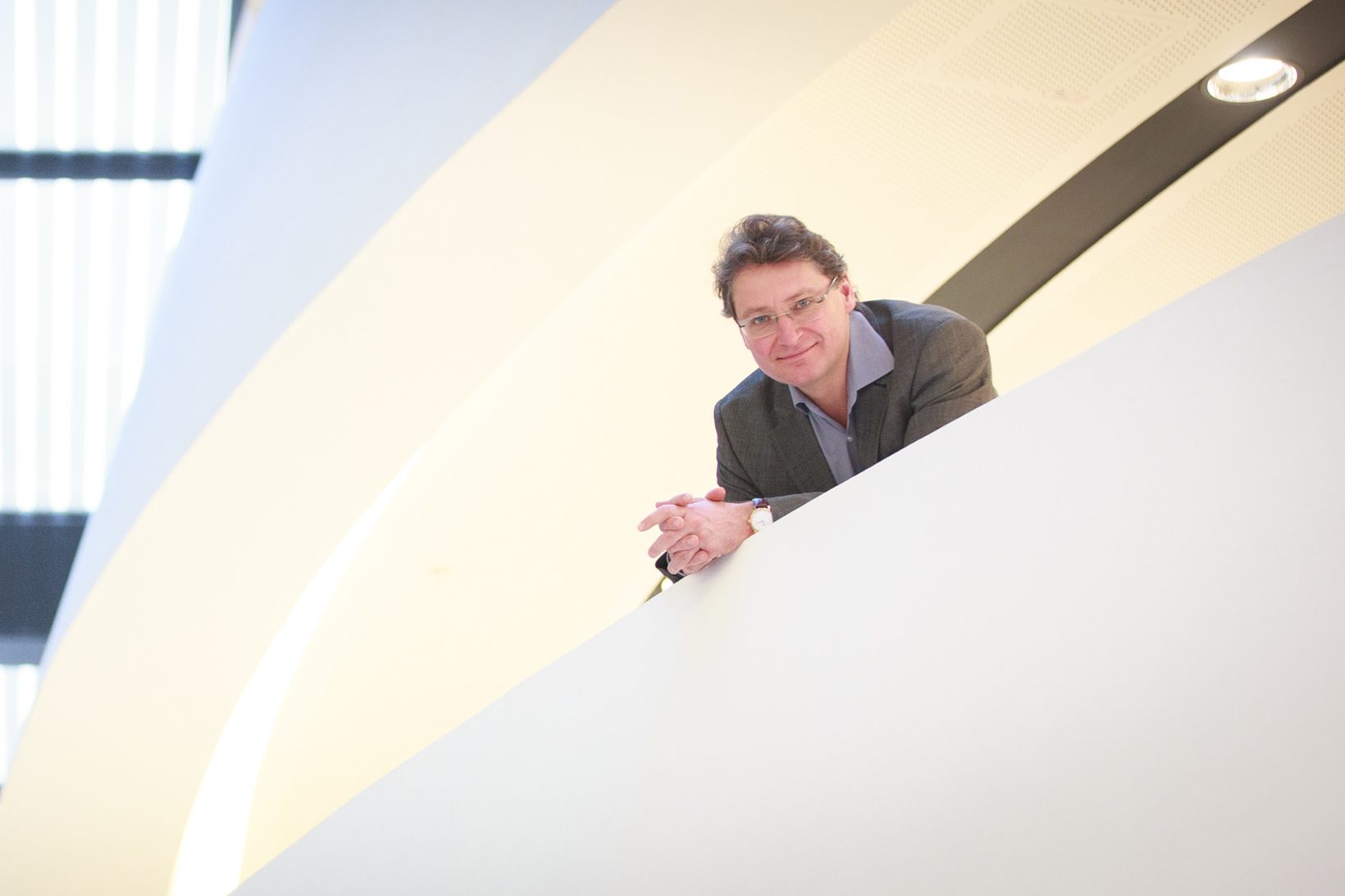Each month, WU selects a Researcher of the Month, inviting them into the spotlight to introduce the WU community to their work. Their research is characterized by academic excellence and its relevance for current affairs.
Does the Internet Need to Learn to Forget?
Whether we realize it or not: With almost every click on every webpage, we are revealing information about ourselves. We are generating data that companies gather and save. But what happens if we want to delete “our” data? Is it even possible, and if so, how does it work? Harald Eberhard is pursuing the question of which of our digital footprints we will be able to erase in the future. When considering if someone is entitled to have online information deleted, the following rule applies: If the post is of public interest (e.g. a patient’s post on an online doctor rating portal), the poster then has no legal claim to have it deleted. If the content posted online only reflects private interests, however, take-down requests have to be granted.
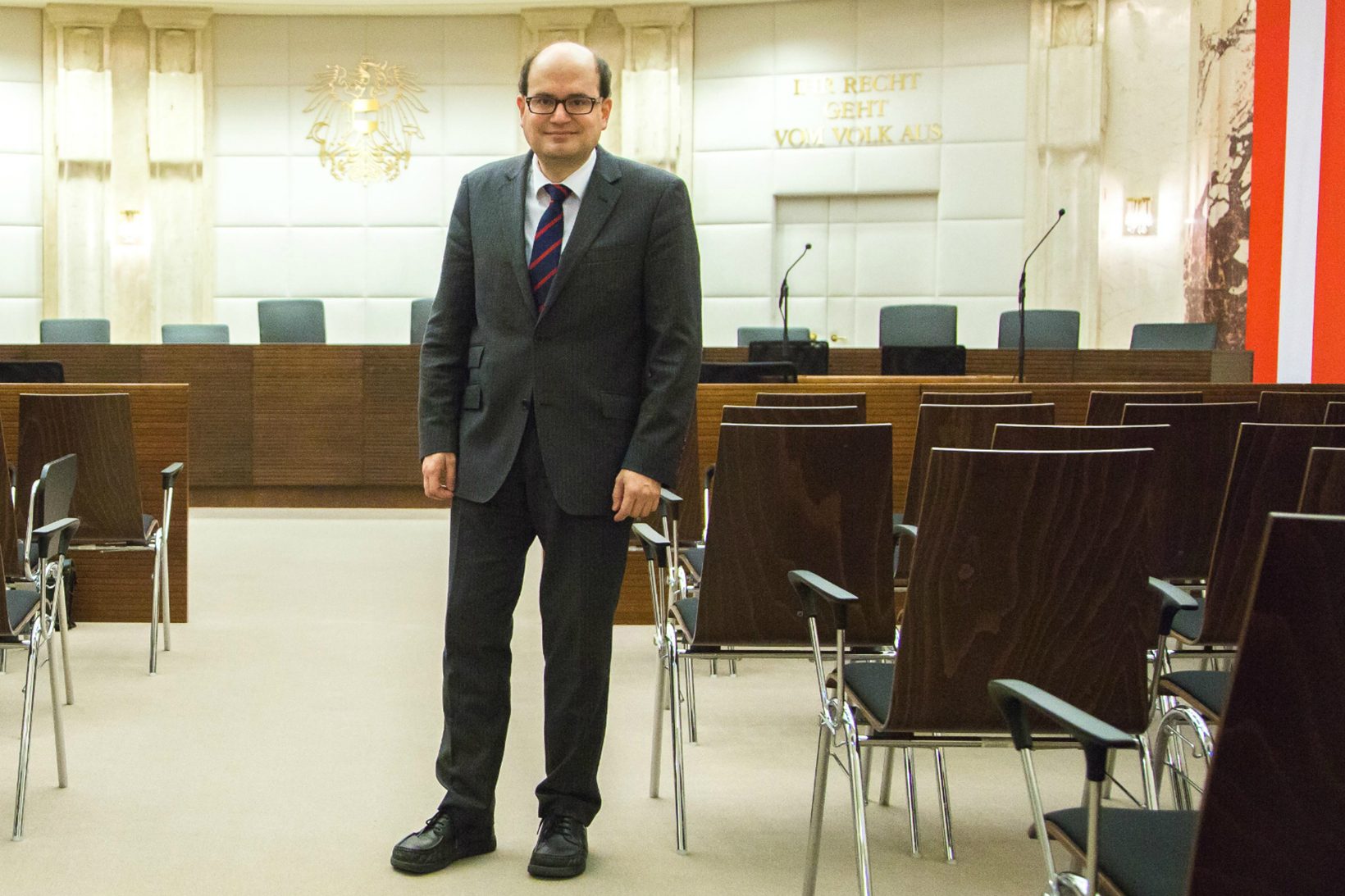
The USA Has the World’s Largest Foreign Debt – Is the World in Danger?
The USA has gone from being a net creditor to having the world’s highest foreign debt. Due to the current level of globalization, the health of our national economy also depends on other economies. For this reason, Katrin Rabitsch posed the question of whether the USA’s high debts make it inherently dangerous. Not automatically, she found. A better developed financial market and simpler access to international financial markets give the US better risk coverage and less motivation to hold assets in reserve. Countries without this option can only counter the risk of a bad year by building up reserves, to have them on hand for bad times.
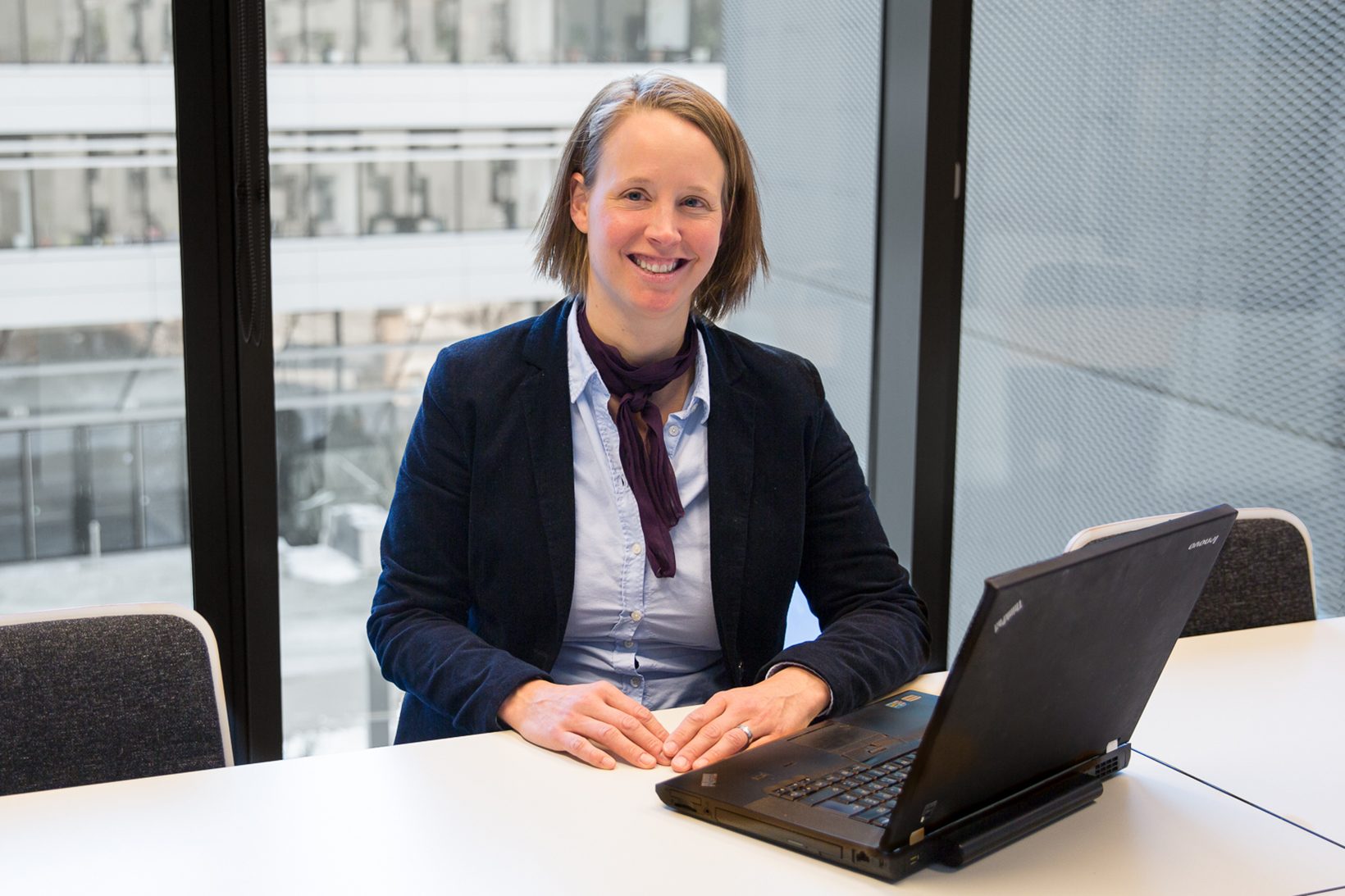
Debt-based Financing Occurs at the Employees’ Expense
Companies need money to grow, so maintaining an efficient flow of capital to companies is the pillar holding up the real economy. Many countries, Austria included, offer tax breaks that indirectly subsidize corporate borrowing, because interests paid to creditors count as deductibles and reduce a company’s tax burden. A recent study by WU Professor Josef Zechner shows the disadvantages of this model: The more debt a company accumulates, the higher its risk of slipping into bankruptcy, resulting in a higher risk for employees of losing their jobs and their incomes. If they still want be able to hire qualified employees, companies with substantial debts have to offer them higher salaries right from the start to balance out these risks.
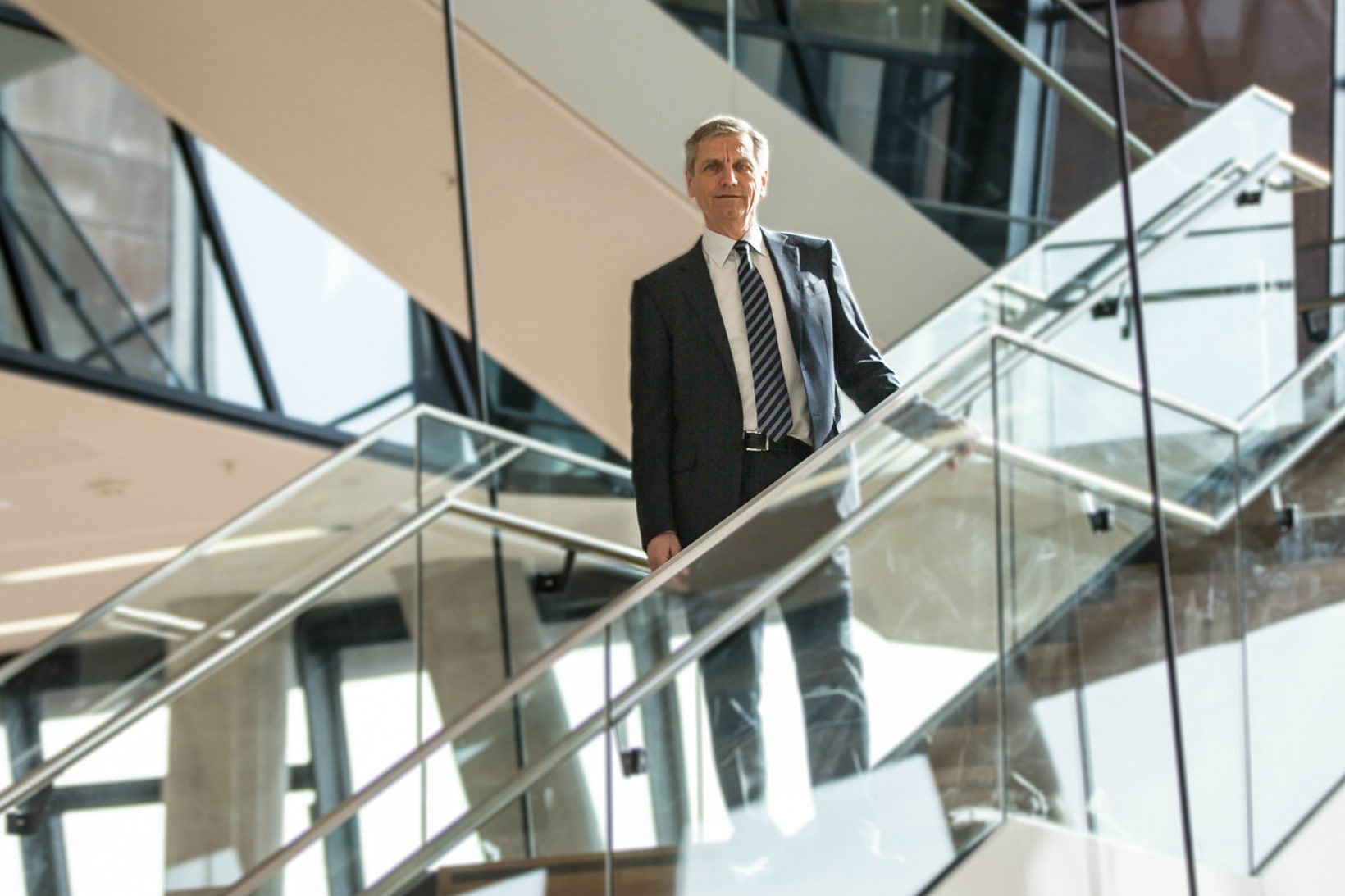
Freight Bicycles and/or Cargo Vans?
According to OECD estimates, by the year 2100, approximately 85% of the world’s population will be living in cities. More and more people around the world are shopping online, resulting in ever increasing transportation volumes. At the same time, we are attempting to achieve ambitious climate goals, like the EU goal of essentially CO2-free urban logistics by 2030. So how can packages be transported quickly and efficiently without further harming the environment? Cargo bikes are many urban planners’ hope for the future. Due to their limited range and capacity, however, this form of logistics requires numerous transloading points where goods can be transferred from warehouses or trucks to the bikes for delivery. Since conditions and logistics are different for every urban center, Vera Hemmelmayr developed a number of algorithms to help urban planners run through different scenarios to find the best solution for their city’s individual needs.

Pros and Cons of Online Marketing
Budgets for online marketing continue to grow. In fact, in 2017, they exceeded those for television advertising in the US for the first time. Companies frequently buy large ad bundles, allowing them to present ads to potential customers based on their user profiles. This makes it all the more important – but not easy – to take a very close look at the context ads are appearing in online. Nadia Abou Nabout analyzed if and how well people remember online marketing in a variety of contexts. She also investigated whether an ad’s context changes consumers’ attitudes and behavior towards brands and products. Her results show for the first time that a low-quality advertising environment can seriously damage a brand, especially well-established, prestigious brands. She also found that placing expensive advertisements in high-end environments is a waste of money for brands that compete mainly with low prices.
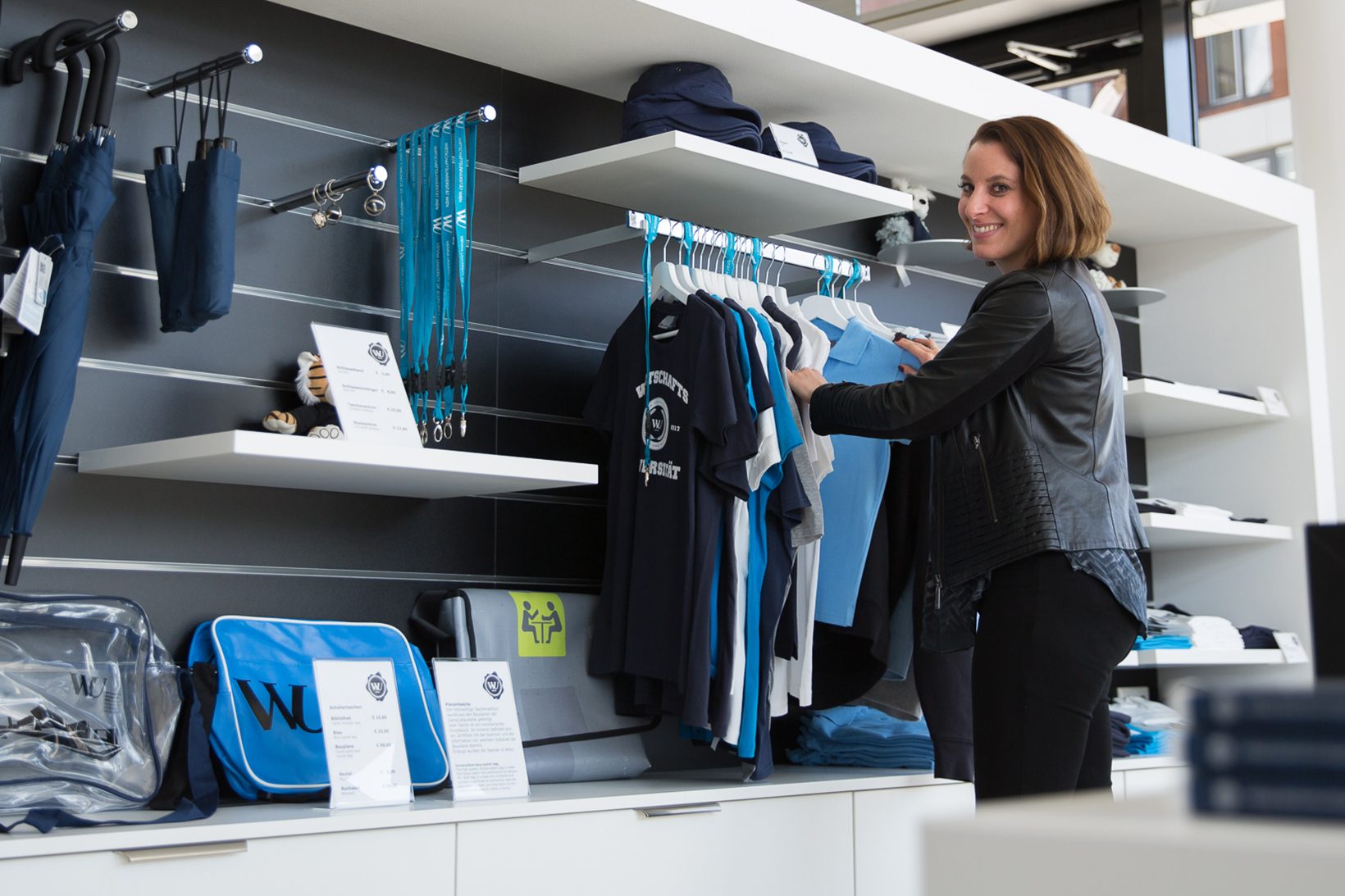
Improving Energy Storage Efficiency for Cheaper Renewable Energy
The generation of electricity from renewable energy sources is dependent on weather conditions. Reservoirs act as huge batteries for storing renewable energy. Energy storage providers can profit by filling their storage plants when the price is down and releasing the energy for sale on international energy exchanges when supplies are low and prices are higher. However, the optimal time to buy and sell energy can vary widely depending on weather conditions. Improving storage management also benefits consumers, as lower costs for producers also result in lower energy prices for end users in the long term. Nils Löhndorf has developed a new decision-making model based on scenarios rather than forecasts to help solve this problem. The model allows users to take into account a wide variety of factors, including connected reservoirs, natural inflow, and variable prices.
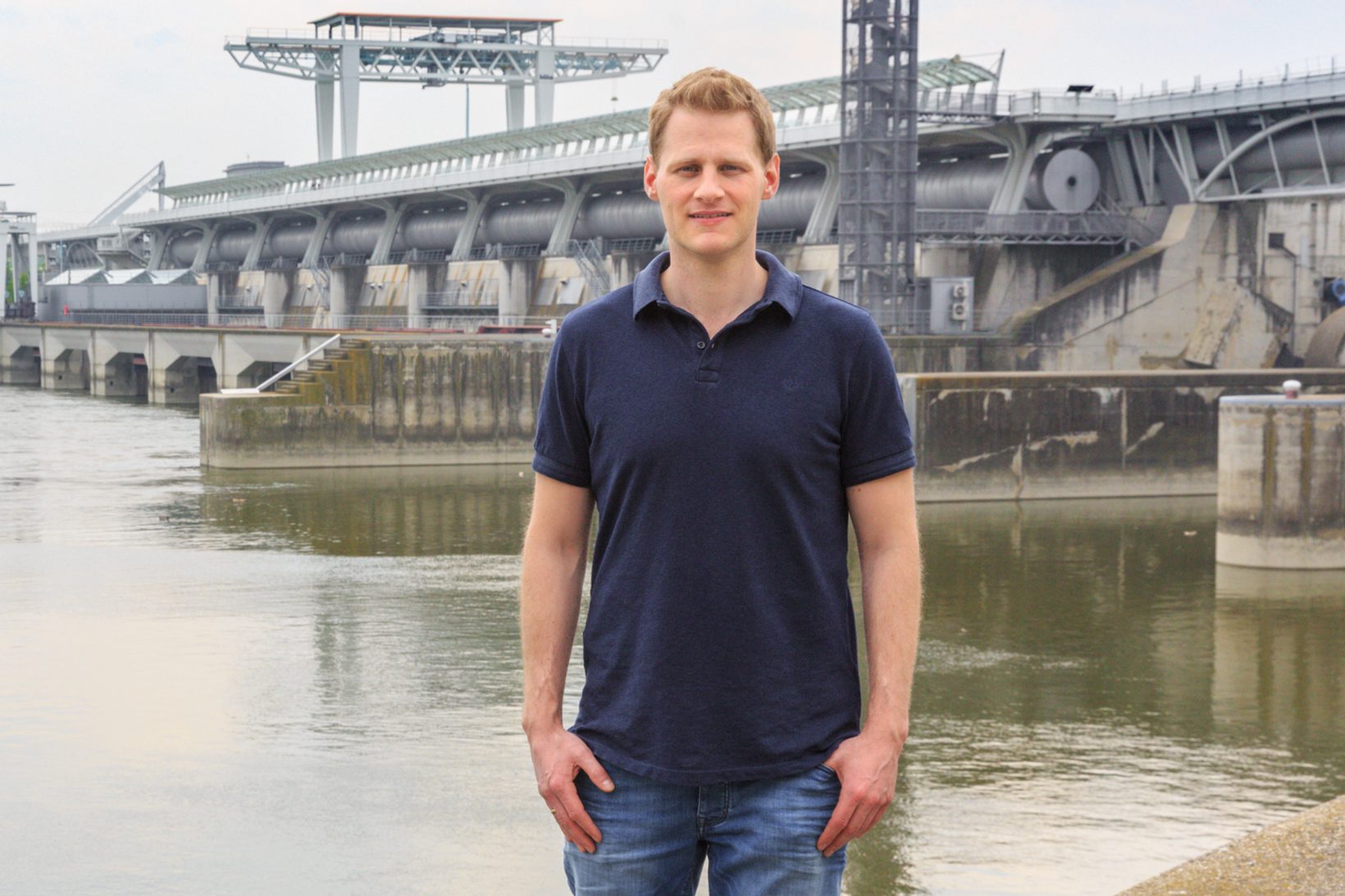
When Provinces and Municipalities Go Bankrupt
It is rare but not unheard of for municipalities or even provinces to file for bankruptcy. Only very recently, for example, the Austrian province of Carinthia was on the brink of bankruptcy. In 2015, the Carinthian government and its holding company, Kärntner Landesholding, commissioned Georg Kodek, a WU professor and a judge at Austria’s Supreme Court of Justice, to draw up a legal assessment to evaluate the province’s situation. At WU, Georg Kodek then investigated which concrete effects a potential bankruptcy would have on the province and its inhabitants. He found that in spite of any budget cuts imposed, municipalities or provinces will still remain functional. Austrian citizens need not fear for their waste disposal services, child care, hospitals, police protection, or administrative infrastructure in the event of bankruptcy. However, bankruptcy would significantly restrict a municipality’s or a province’s freedom to make budgetary decisions for many years to come, which would eliminate many opportunities for implementing constructive policy measures.

Different Approaches in Women’s Advancement Strategies
More and more, companies are documenting the sustainability-oriented activities carried out by their HR departments in their sustainability reports. International standards apply that are intended to make these reports comparable between organizations. Michael Müller-Camen studied sustainability reports published in different countries and came to a surprising conclusion: What appears comparable at first sight turns out to be quite different upon closer inspection. The goal of strengthening the position of women is named as a priority in in all countries covered in the study, but companies in China, for example, are taking a completely different approach: Many measures targeted at female employees do not focus on career development at all. Instead, they include gender-stereotyped activities such as fashion shows or cookery courses for women only. Additional findings of the study conducted by the Institute for Gender and Diversity in Organizations include: In the US, not only gender, ethnicity, skin color, and sexual orientation, but also factors like veteran status are taken into account, an indication of Americans’ patriotic attitude. The dimension “sexual orientation” is not included in reports from Japan and China. This may be evidence that sexual orientation is still regarded as a taboo in these countries.

Europe’s Raw Material Imports Widen the Gap Between Rich and Poor
At 20 to 30 tons per capita, Europeans’ annual resource consumption is ten times as high as the average consumption in Africa or Asia. But where are the raw materials for products consumed here in Europe coming from? And what are the ecological and social effects of resource extraction around the world? In his research, Stefan Giljum is making the global connections between production and consumption visible: As a result of globalization, the locations where products are consumed are increasingly distant from where materials are originally extracted, manufactured, or processed. More and more raw materials are being exported from developing countries to wealthy countries. This form of trade is increasing ecological imbalances worldwide and worsening environmental problems like climate change, deforestation, and water shortages. Europe is also becoming more and more dependent on imported fossil fuels (70% imports) and foreign metals (85% imports).
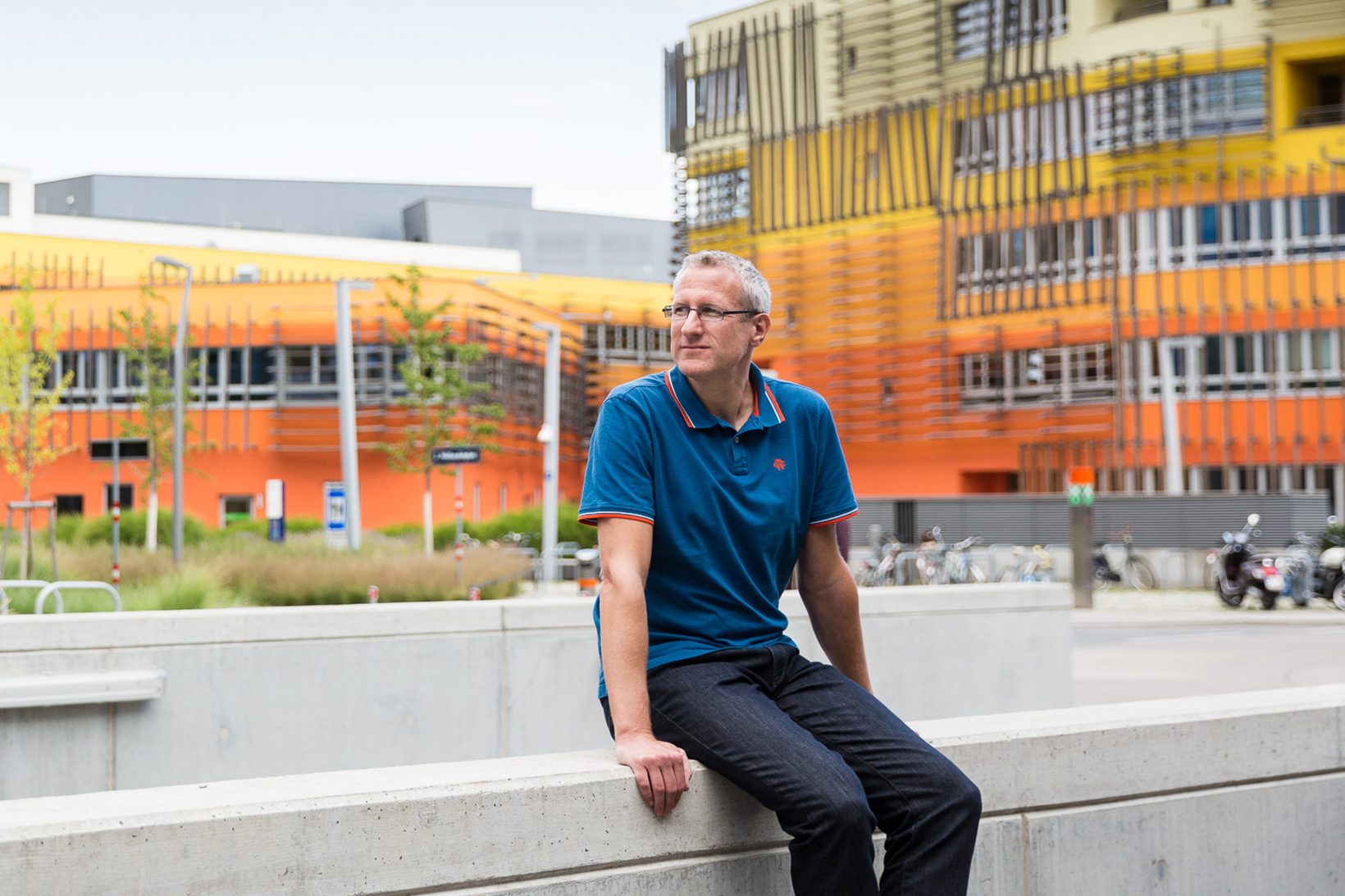
It’s Official: Going on Strike Is Not Grounds for Dismissal
Hardly any other European country has as few strikes as Austria, but even here they are not entirely unheard of. But do employees have to fear for their jobs if they join a strike? For decades, most Austrian labor law experts have maintained that employees can be fired for going on strike. In her current work, WU researcher Elisabeth Brameshuber has disproven this standpoint. Not all types of strike are legally permissible, however: As a last resort, workers are permitted to strike to maintain or improve certain working conditions, but not to strike against the employer’s general socio-political attitudes, for example.
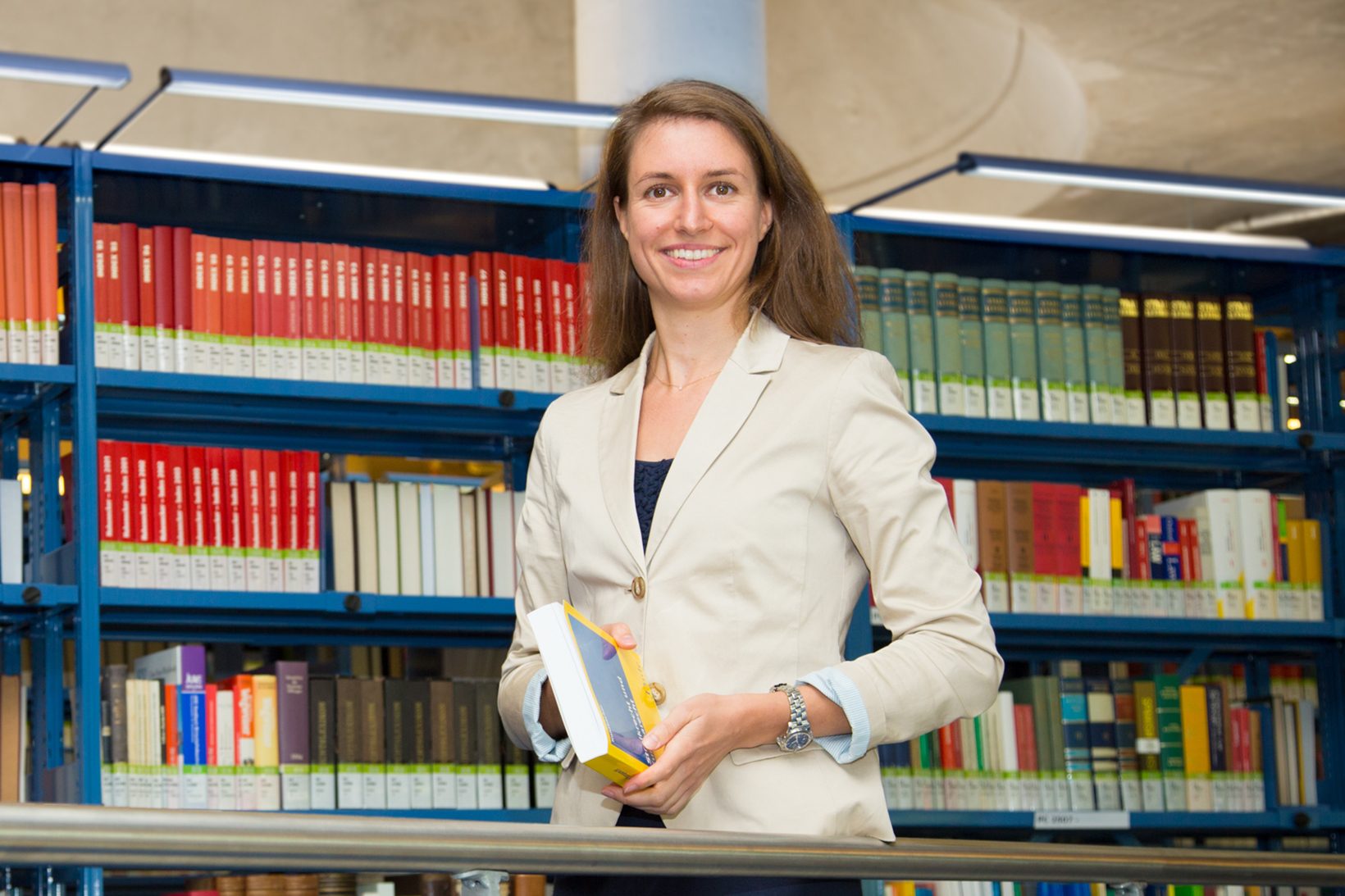
Customer Service on Twitter? How Does That Work?
Twitter is one of the most influential social media platforms worldwide, and an increasing number of companies are using it to stay in touch with their customers. Real-time social media channels are especially popular for customer service communications. Ursula Lutzky studied this phenomenon based on communications between British railway operators and their passengers. What do customers expect when they tweet their problems and questions to a company? First off, an answer, as quickly as possible. But speed alone isn’t enough. The answer has to be both personal and relevant: Form answers are out, individualized reactions to specific problems are what customers want.
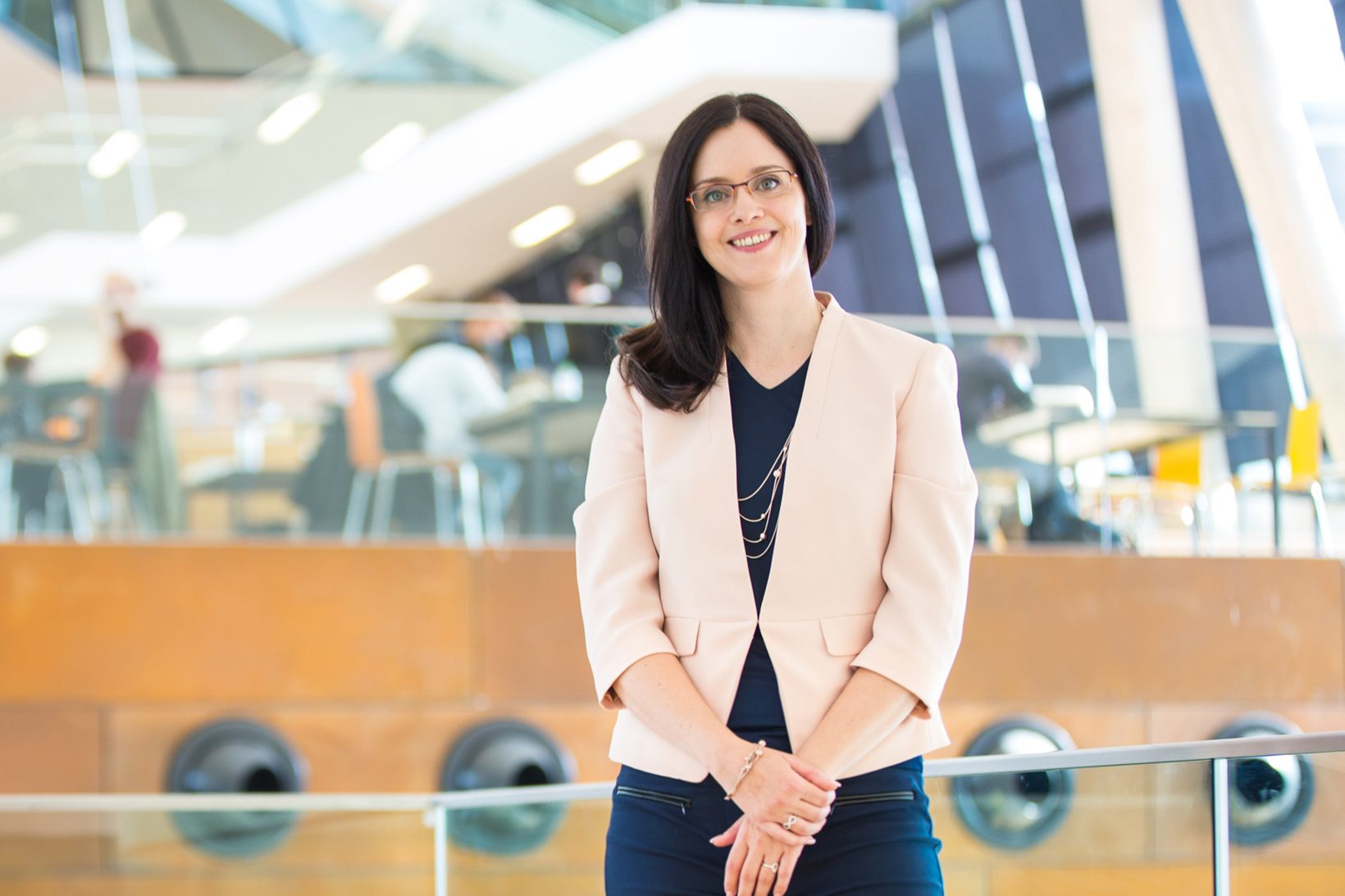
Fighting Rising Global CO2 Emissions
Global CO2 emissions are rising in spite of numerous political measures intended to counteract them, like government subsidies for renewable energy sources like wind and hydropower. Austria has also failed to reach its climate goals. Klaus Gugler’s research focuses on current energy policies and their effects on competition. He attributes the current problems mainly to misguided subsidization policies and too-low prices for CO2 certificates. His findings show that it would make good sense to tax consumers as well as CO2-producing industries and reduce the number of CO2 certificates available, because as long as the supply is plentiful, the price will drop and energy consumption will continue to rise. He recommends that the government should invest the money in research and development instead of providing subsidies that skew the market.
